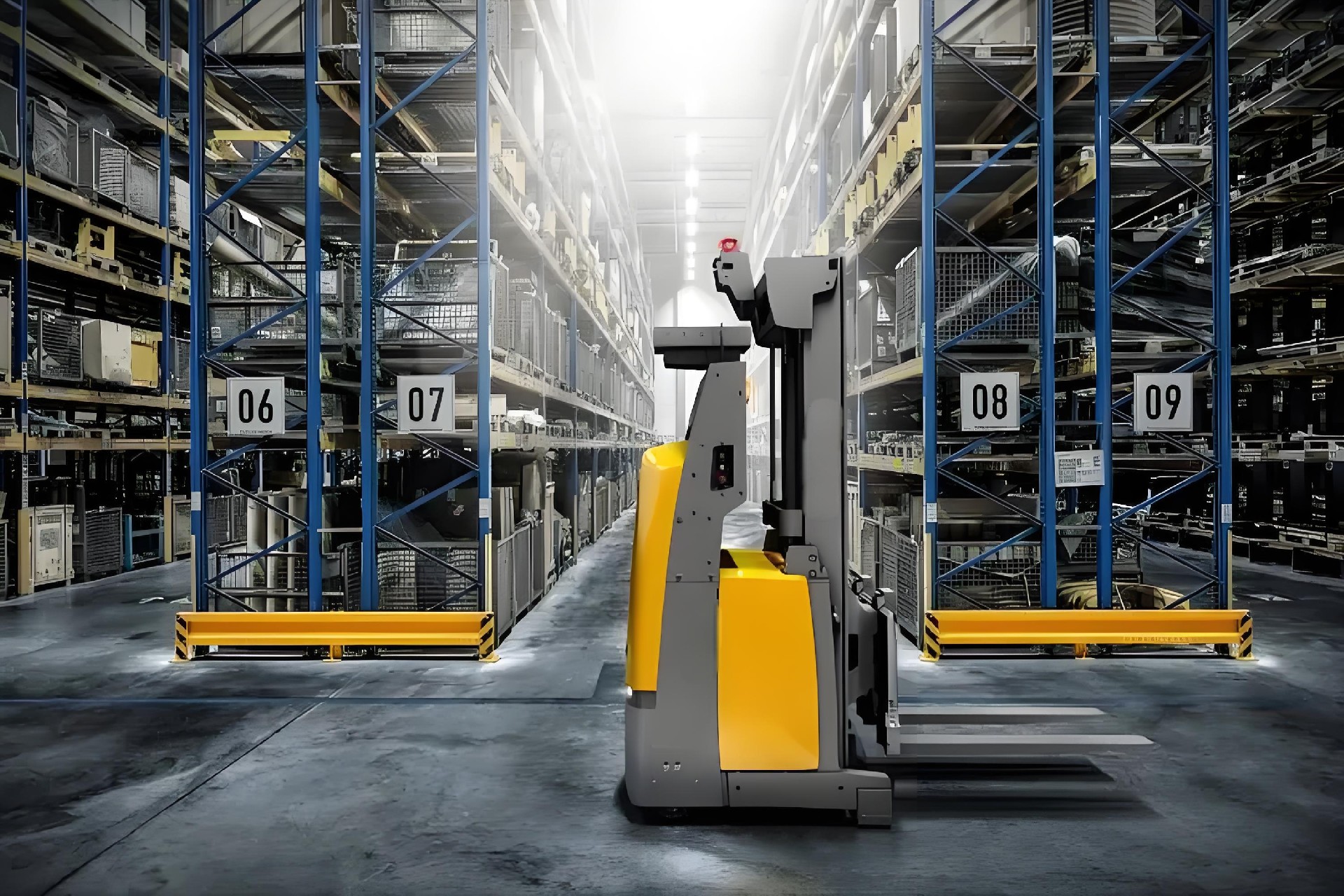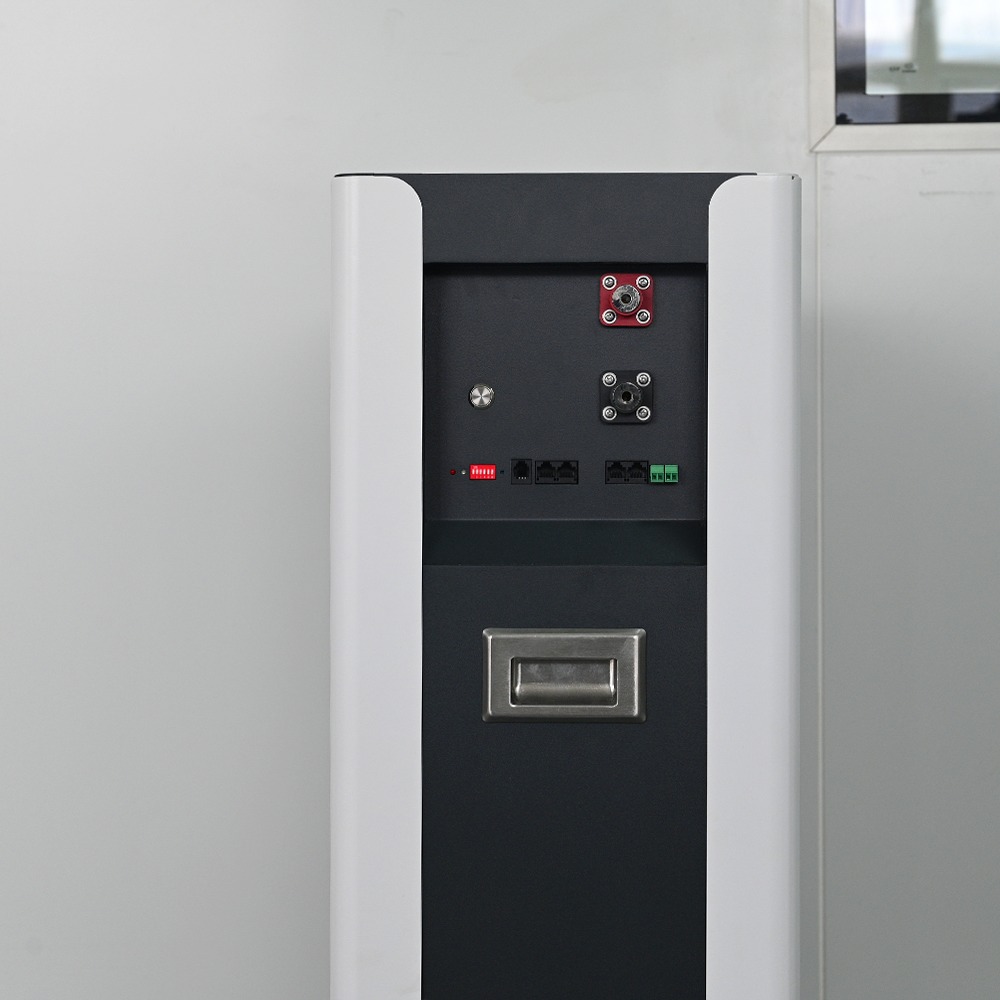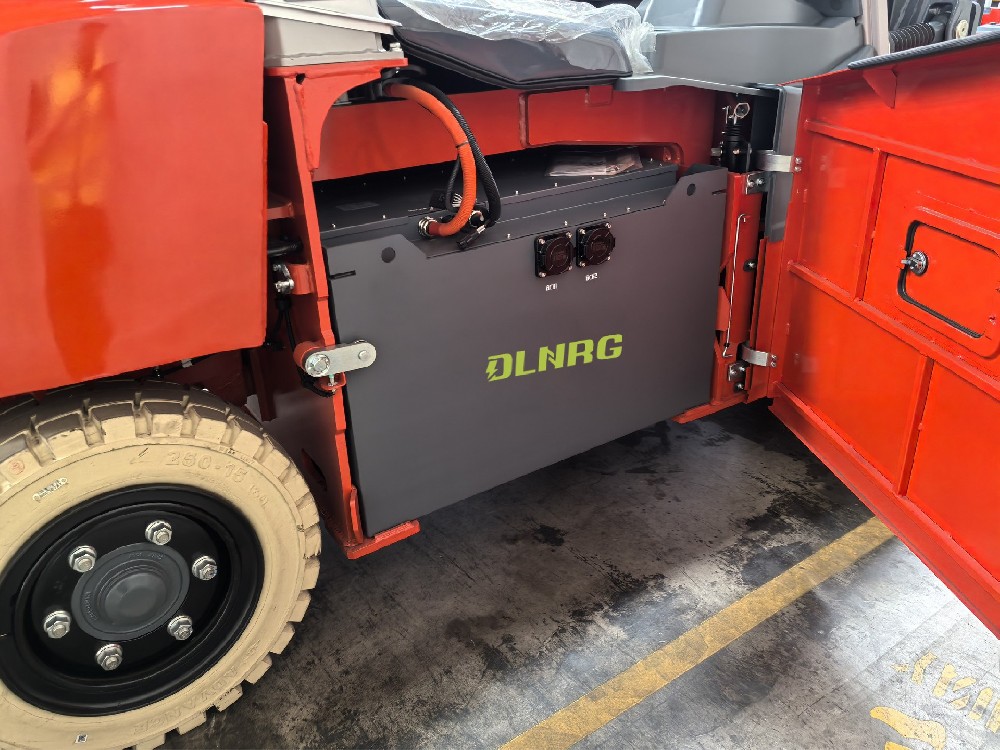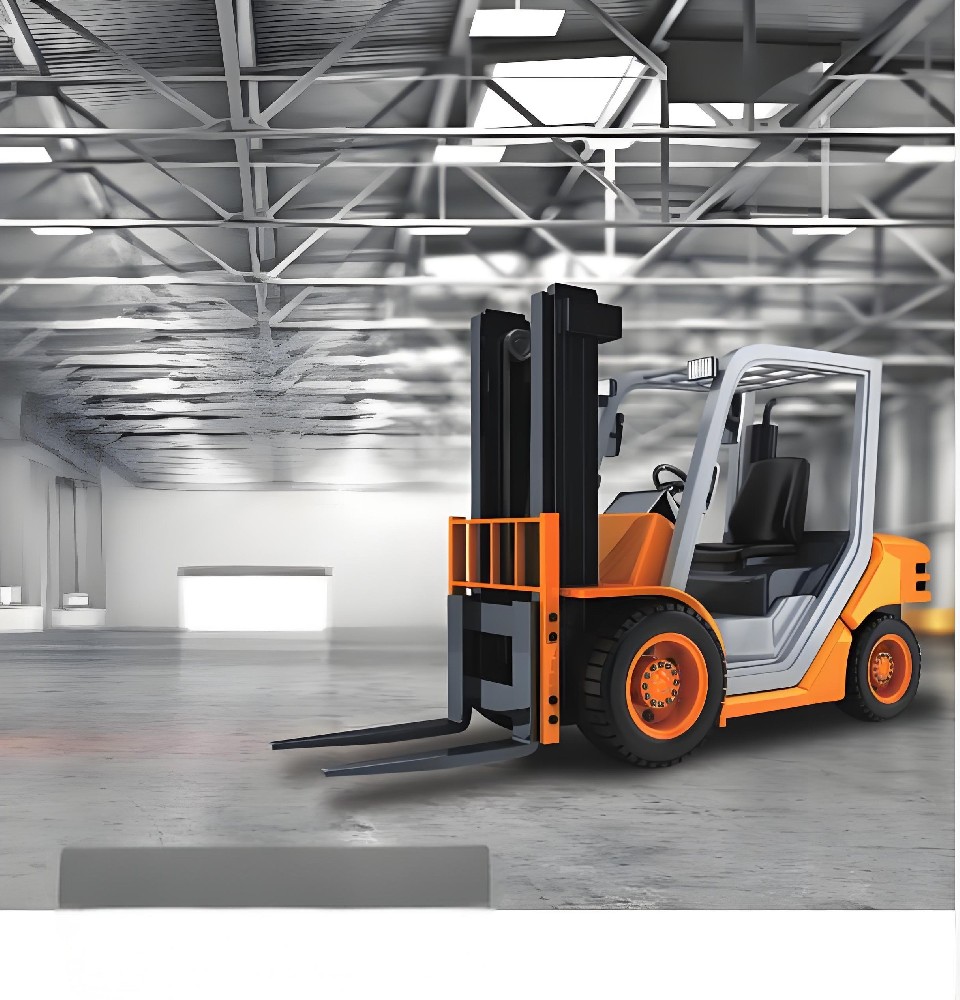The role of electric forklifts in smart warehousing systems is crucial, and their impact is far-reaching. The following is a detailed analysis of the role and impact of electric forklifts in smart warehousing systems:

Role
The main force in cargo handling and stacking:
Electric forklifts can autonomously navigate to the cargo storage location, accurately grab the cargo, and move it to the designated location for stacking or sorting.
In high-density and high-frequency cargo handling scenarios, electric forklifts have significantly improved work efficiency with their strong carrying capacity and precise operating performance.
A bridge for production line docking:
Electric forklifts can seamlessly dock with production lines to achieve automatic handling of raw materials and rapid transfer of finished products.
This ensures the continuity and efficiency of the production process and improves production efficiency.
A powerful assistant for inventory management:
Electric forklifts can be integrated with the warehouse management system to sense inventory conditions in real time and carry out cargo handling and replenishment according to demand.
This helps to ensure stable and reasonable inventory levels and reduce inventory costs.
Integrator of smart warehousing systems:
Electric forklifts are often integrated with other automation systems and software platforms, such as warehouse management systems (WMS) and enterprise resource planning (ERP) systems.
This integration enables electric forklifts to efficiently move goods throughout the warehouse, from receiving and storing to sorting and shipping, all of which can be optimized in a data-driven manner.
Impact
Improve warehouse operation efficiency:
Electric forklifts have high operating speeds and strong carrying capacity, which can greatly improve warehouse operation efficiency.
Through autonomous navigation and intelligent scheduling, electric forklifts reduce manual intervention and shorten operation time.
Reduced operating costs:
Electric forklifts are powered by electricity, which consumes less energy and has more economical operating costs than fuel forklifts.
At the same time, the maintenance cost of electric forklifts is relatively low because their mechanical structure is simpler and does not require regular fuel changes or engine maintenance.
Enhance environmental benefits:
Electric forklifts do not emit exhaust during operation, which helps reduce air pollution and meets environmental protection requirements.
This is particularly important for companies seeking to reduce their carbon footprint and achieve sustainable operation goals.
Improve production safety:
Electric forklifts have explosion-proof design and emergency stop function, ensuring work safety in flammable and explosive places and in emergency situations.
Through automated operations, electric forklifts can improve the working environment and reduce manual misoperation and labor safety hazards of operators.
In summary, electric forklifts play a vital role in intelligent warehousing systems. Their high efficiency, intelligence and environmental protection have brought significant changes to the warehousing and logistics industry. With the continuous advancement of technology and the widespread application of intelligent warehousing systems, electric forklifts will play a greater role and value in the future.




